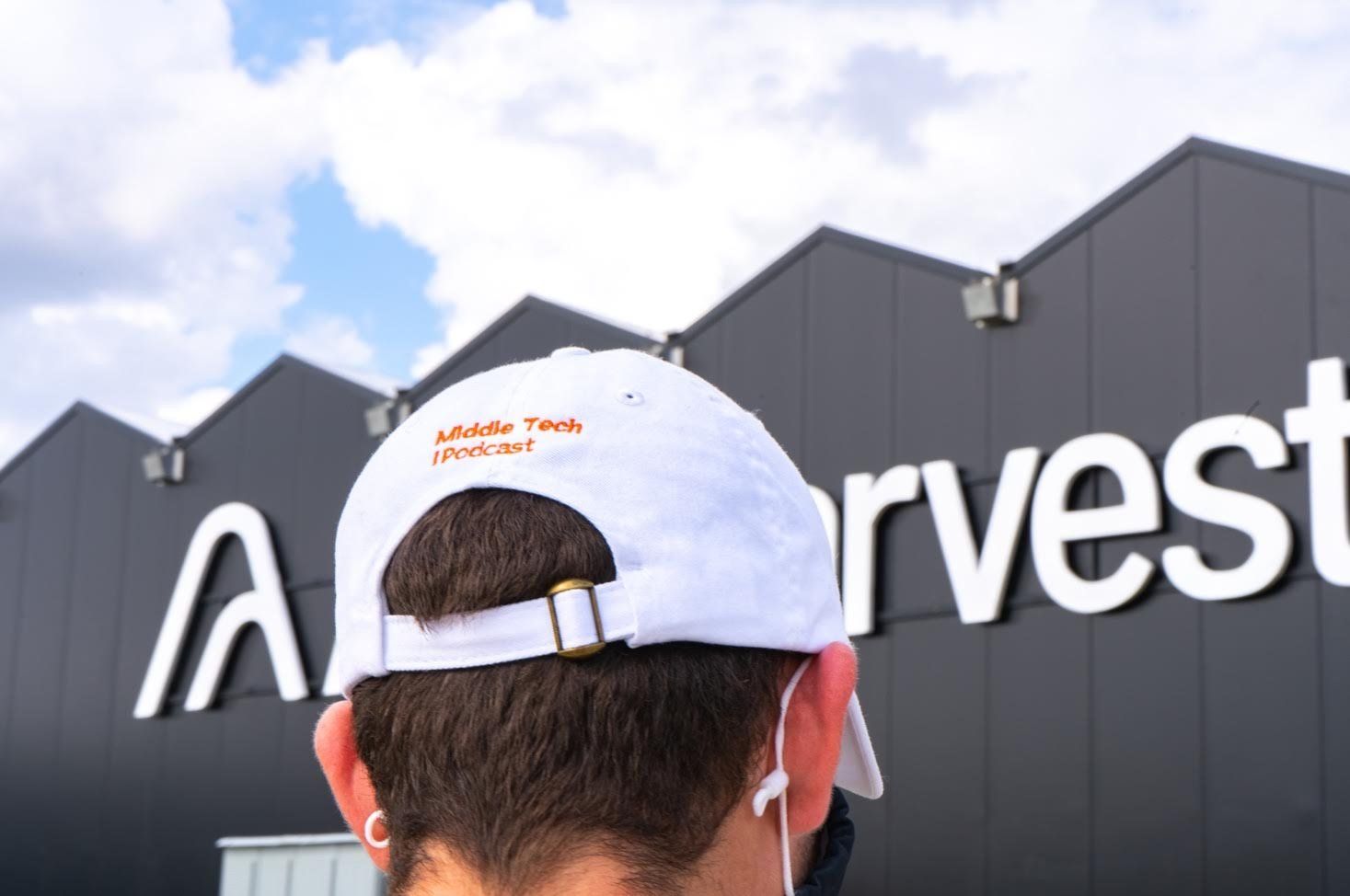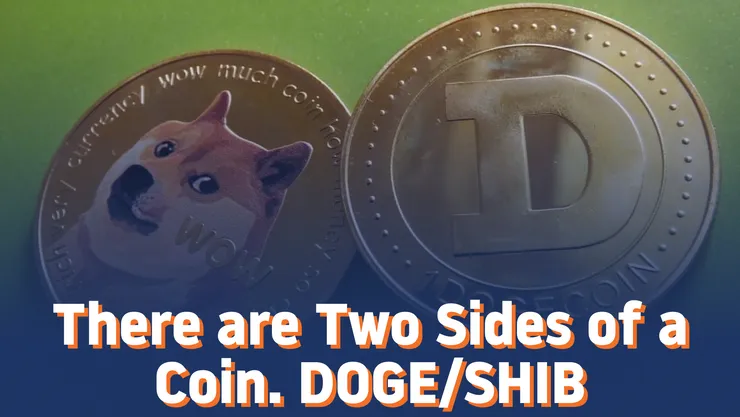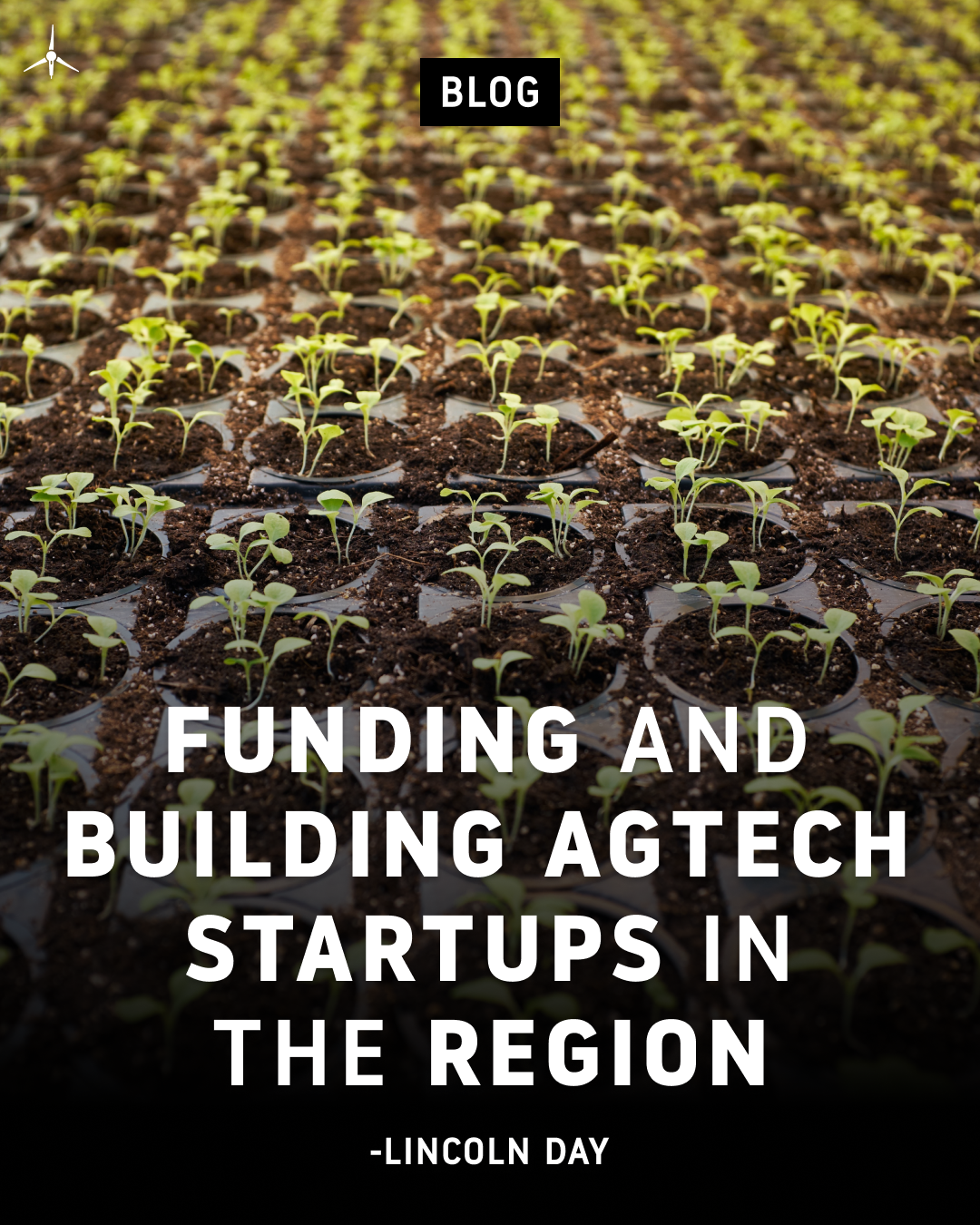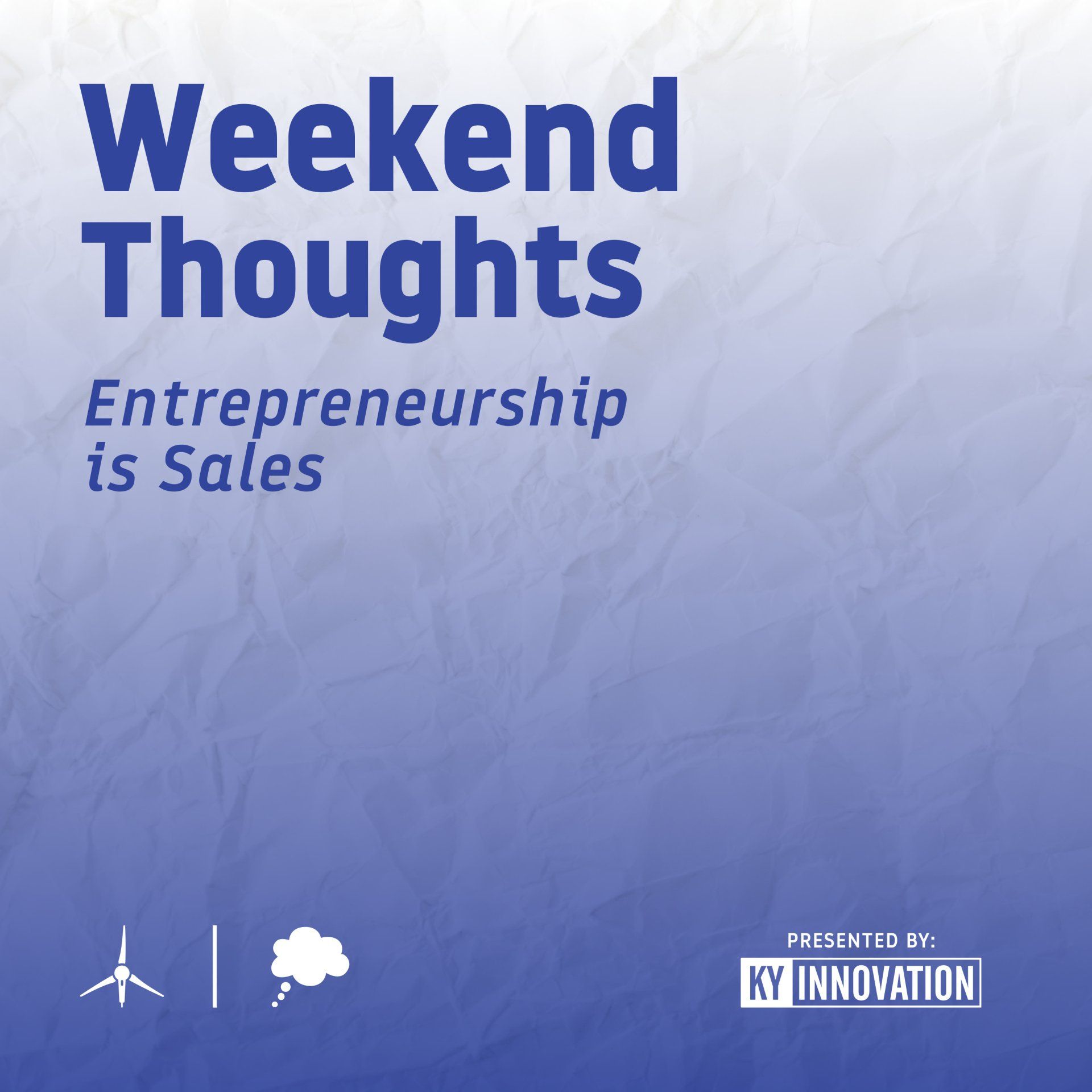Kyle Green: Some Tips for Scaling Your Start-Up with Venture Capital

If you want to be a successful entrepreneur, you must be able to think of, and then execute, solutions to problems that others cannot. Entrepreneurs spend time educating themselves about the intricacies of an industry, whether through education, experience, or both, in an attempt to recognize a deficiency in an industry that needs to be solved. Once the problem is identified, possible solutions to that problem rush into their minds, a few will stick, but most will not. From that brainstorming session, the idea or couple ideas that have potential are then reviewed for viability and scalability. It is how the entrepreneur executes that one viable and scalable solution to the industry problem that will determine whether an entrepreneur is successful.
Kyle Green, a Louisville-based entrepreneur and founder of HANDLE Global, followed this path exactly and has created a solution that can solve a nation, or even global, wide deficiency. Kyle began his career in the healthcare industry in one of the most competitive hospital administration fellowships in the nation at Johns Hopkins Medical Institute in Baltimore, MD. His fellowship, where he was able to do deep dives into each facet of hospital administration, launched him right into a career in the C-Suite at Norton Healthcare, the premier hospital system in Louisville. It was during this time learning about hospital administration and operations that he noticed a massive deficiency in the turnover of hospitals' capital assets, such as beds, CT scanners, and other reusable medical equipment.
He noticed that there was no real system to track and then resell the hospital’s capital assets. He knew of some companies that attempted to solve this problem on a smaller scale but nothing from those companies could solve the magnitude of this problem, which is estimated to be a trillion-dollar issue. Kyle created the Healthcare Asset Network to begin to meet the hospitals’ demand to track and resell medical equipment. He then tested the scalability and viability by taking it to the market to see what clients would think. After a successful run with the Veteran’s Affairs Hospital, Kyle knew he had a viable, scalable solution to the problem. The steps he has taken since then are where the true value of his story comes into play.
Kyle stopped and made a very important decision about the path his company needed to take to reach his goals. He chose to pursue outside funding to enable the company to grow at a faster pace. As Kyle recognized, the decision to pursue funding is not for everyone and should not be a decision made without having a future plan in place. There are plenty of bootstrapped or lifestyle companies that have reached massive levels of success without ever taking a dime of outside funding, but those companies almost certainly grew at a slower pace. Kyle made the decision to seek funding because of the confidence he had in his company and of the recognition that there was a massive need for his company’s solution.
After Kyle took on funding, he did not squander it away on a super fancy, top of the line office space that would only temporarily boost employee morale. Instead, he hired top-tier employees that he considered to be the “Michael Jordan” of their specialty. People make up companies, so it makes perfect sense that hiring the best people will lead to having the best company, but so many entrepreneurs miss this point. HANDLE Global takes hiring about as serious as the FBI, requiring them to take aptitude and intelligence tests. Not only is it required that the people hired at HANDLE are among the most talented, they must also be competitors. This move is genius and so often missed. By hiring the most talented competitors, the company naturally is always looking to progress, improve, and grow.
With the rest of the funding available, it is important to have a flexible disposition plan and not nickel and dime your way through the remainder of the funding. A rigid plan is almost never the answer, but some sort of flexible understanding of the path and direction that needs to be taken is crucial for future success. Instead of trying to save money for upcoming expenses that may or may not arise by spreading funds across the board, pouring the remaining funding into a few strategic bets can be used to position the company for more funding or future big-time revenue makers. Also, in this financial plan, should be a decision of whether or not another round of funding will be necessary. Almost all businesses that undertake one round of funding will take on another, so do not be unrealistic with yourself in evaluating your company’s future needs.
Finally, don’t wait until the gettin’ is no longer good to begin your next round of funding, which almost all businesses who take on funding end up doing. Begin that second round of funding while your company is still moving in a positive direction. This timing will not only play on investor’s intrinsic need to hop on a wave before it is missed, but it will also keep your company from stalling at a crucial time.
Recognizing an issue, creating a solution to that issue, and then implementing that solution on an industry-wide scale is not something easily accomplished. To learn more about how Kyle Green identified a problem to begin building what could be a billion-dollar company tune into Middle Tech’s Episode 117.
Choose your preferred listening location here









